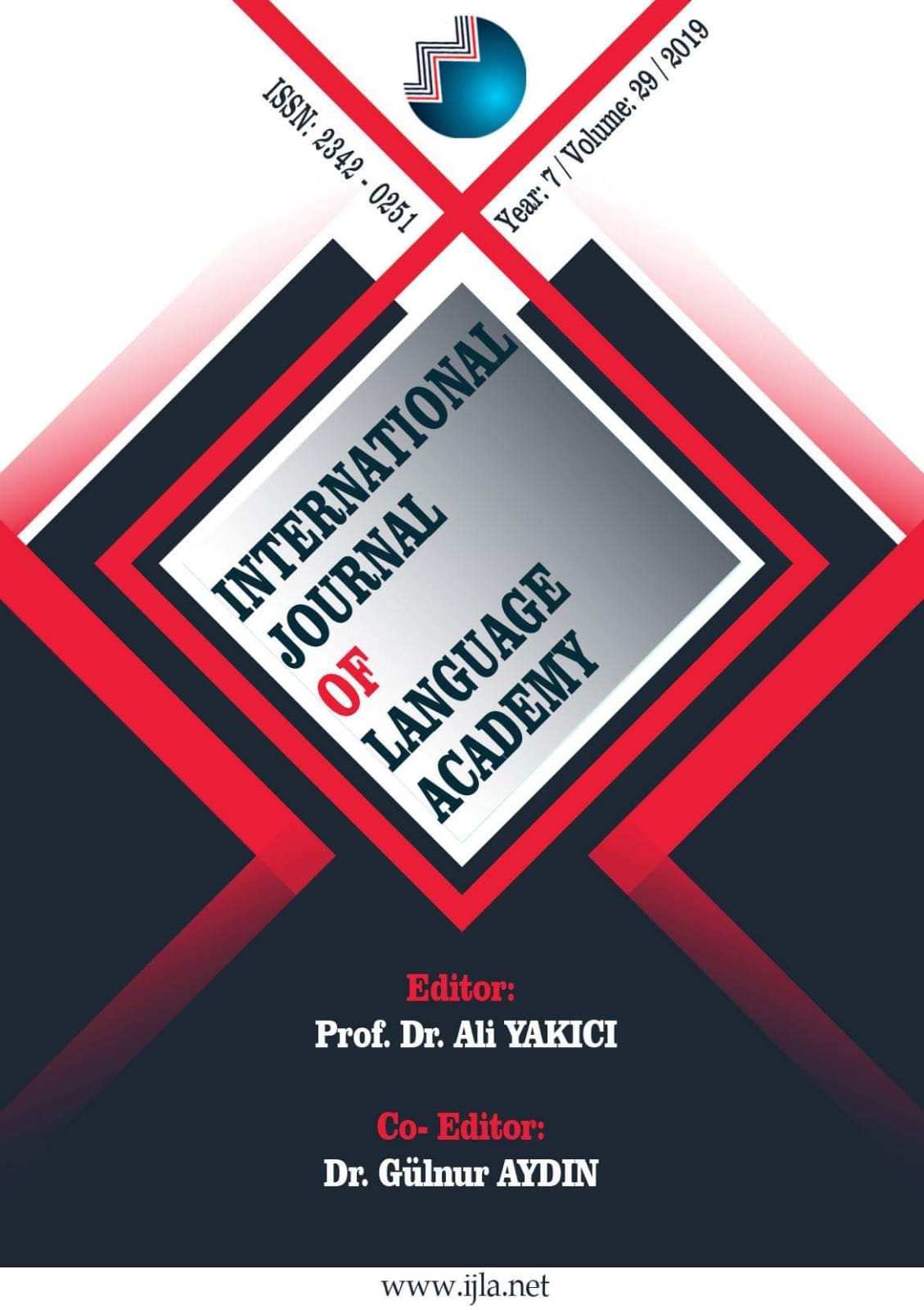DIFFICULTIES AND CHALLENGES OF LITERARY TRANSLATION THE TRANSLATION OF SOME CULTURAL ELEMENTS IN THE STORY OF
Author :
Abstract
Catford defines translation by saying, "It is a process of languages where one text in one language is replaced by text in another" (our translation). In general, we can distinguish between two types of translation: scientific translation and literary translation. Both types are problematic, but the translation of the literary text raises distinct problems because the literary text itself has characteristics that distinguish it from other texts, including, but not limited to: the control of expressive function, suggestive power, multiple meanings and plurality of interpretation (Muhammad Jaber, 2005). This paper examines the difficulties and challenges of literary translation. The study deals with the translation of some elements of culture by analyzing the translation of the story of the novelist Lili Spar, translated from French into English entitled: L’Arabe comme un chant secret. We also study the methodology of translation or translation strategy adopted by the translator Skyler Artes (Skyler Artes) to overcome the difficulty of translation of literary text charged with cultural elements. In his book, Translation, Rewriting and the Manipulation of Literary Fame, André Lefevere provided an accurate analysis of the cultural and social factors that dominate the translation process. He stated that it was the ideology and literary style found in the original text when translating. We seek to identify the difficulties and challenges faced by the translator when confronting the translation of literary texts and the means that can be followed to overcome such difficulties by asking the following questions: What are the characteristics of the literary text and what are the difficulties of literary translation? What translation strategy or theory can the translator follow in order to overcome these difficulties? What are the conditions to be met in the literature translator?
Keywords
Abstract
Catford defines translation by saying, "It is a process of languages where one text in one language is replaced by text in another" (our translation). In general, we can distinguish between two types of translation: scientific translation and literary translation. Both types are problematic, but the translation of the literary text raises distinct problems because the literary text itself has characteristics that distinguish it from other texts, including, but not limited to: the control of expressive function, suggestive power, multiple meanings and plurality of interpretation (Muhammad Jaber, 2005). This paper examines the difficulties and challenges of literary translation. The study deals with the translation of some elements of culture by analyzing the translation of the story of the novelist Lili Spar, translated from French into English entitled: L’Arabe comme un chant secret. We also study the methodology of translation or translation strategy adopted by the translator Skyler Artes (Skyler Artes) to overcome the difficulty of translation of literary text charged with cultural elements. In his book, Translation, Rewriting and the Manipulation of Literary Fame, André Lefevere provided an accurate analysis of the cultural and social factors that dominate the translation process. He stated that it was the ideology and literary style found in the original text when translating. We seek to identify the difficulties and challenges faced by the translator when confronting the translation of literary texts and the means that can be followed to overcome such difficulties by asking the following questions: What are the characteristics of the literary text and what are the difficulties of literary translation? What translation strategy or theory can the translator follow in order to overcome these difficulties? What are the conditions to be met in the literature translator?





